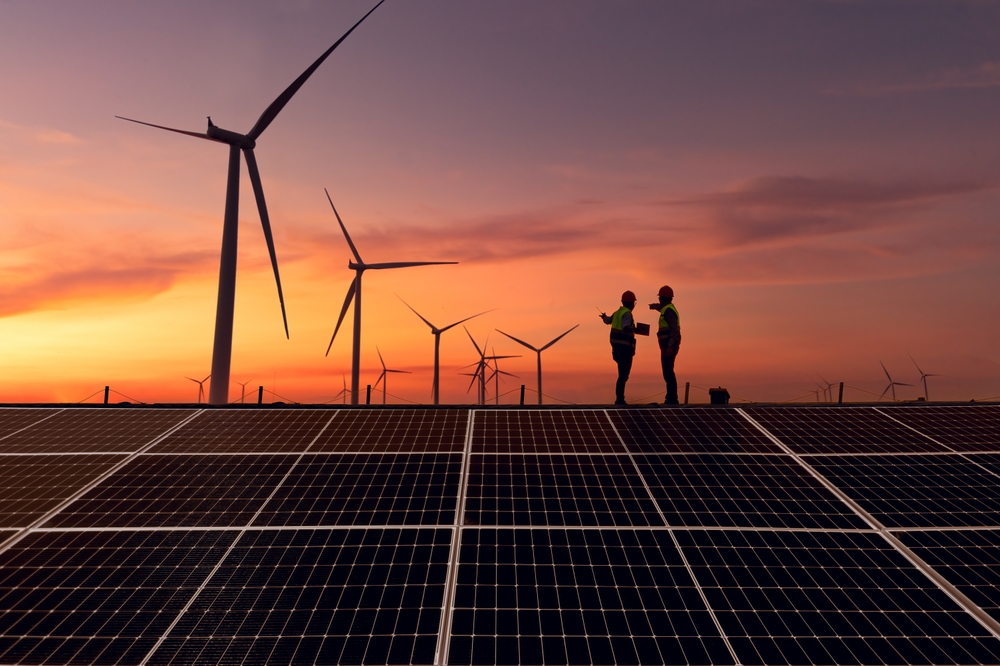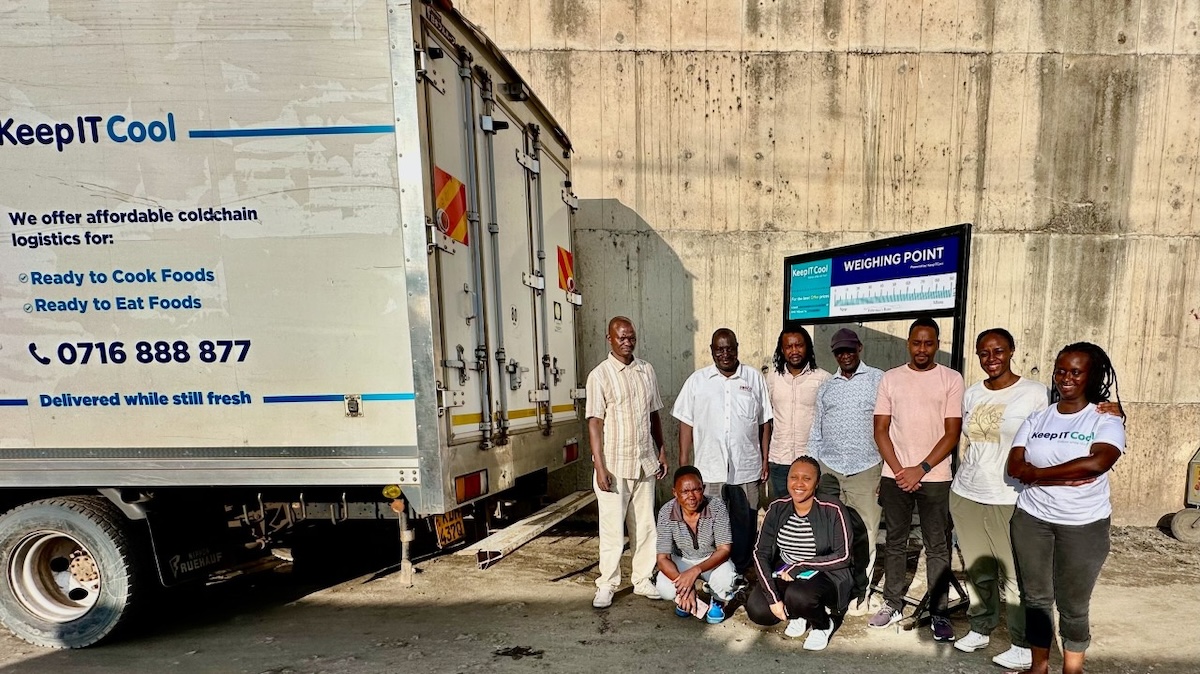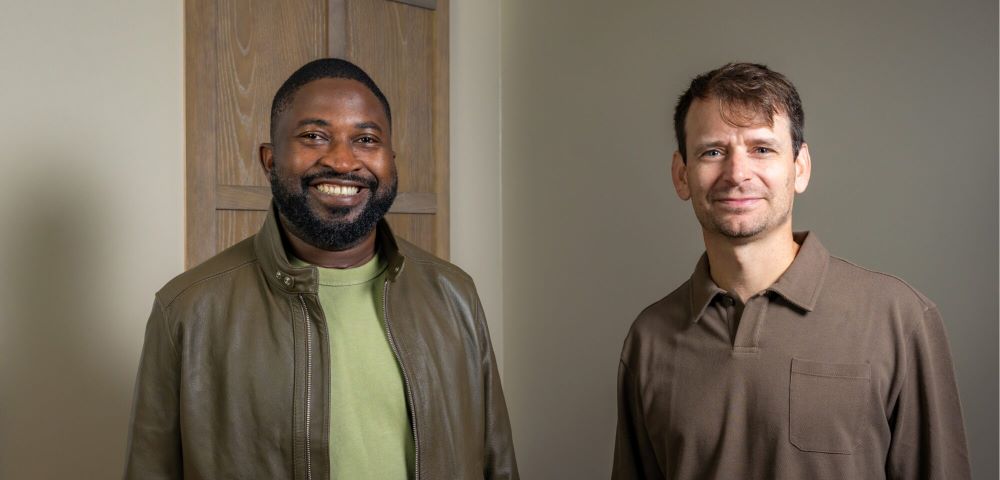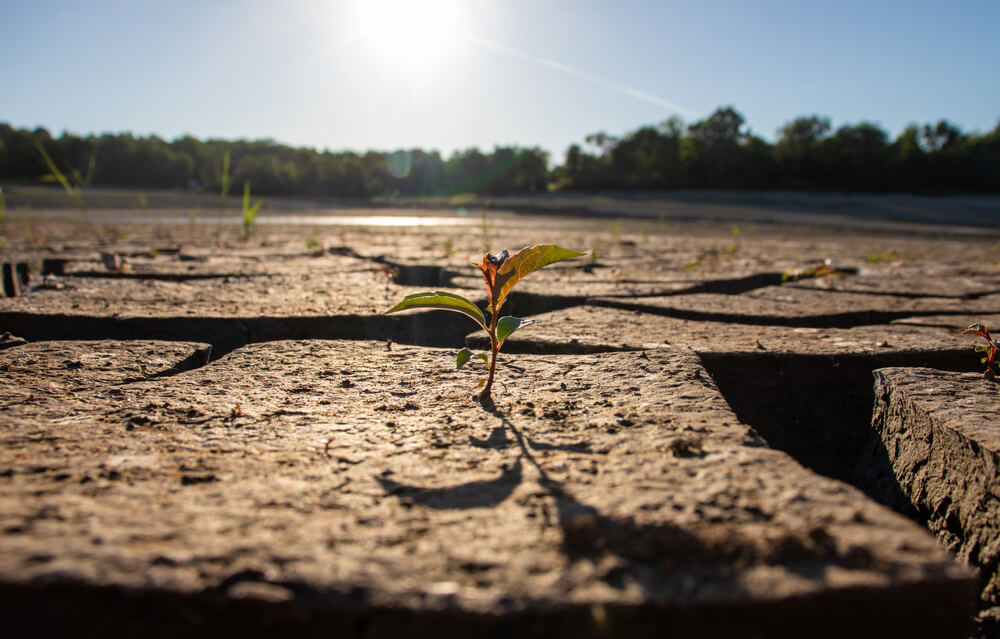The 11 countries of Southeast Asia derive about three-quarters of their power supply from fossil fuels. The region receives the lowest share of global clean energy and infrastructure finance. A key obstacle: a lack of robust regulatory frameworks for private participation, according to the International Energy Agency, which estimates some $130 billion annually is needed for the region’s low-carbon transition.
Development finance institutions, long criticized for being risk-averse and insufficiently catalytic, are “making progress in mobilizing private capital for renewable power projects,” the agency says. “International development finance and support is crucial.”
This week: SUSI Partners, a Swiss energy transition investment firm, raised $139 million for its Asia Energy Transition Fund and for a co-investment vehicle with British International Investment and FMO, the Dutch development bank. SUSI had closed the fund in 2023 but reopened it for new investments last year. SUSI now has $259 million to invest in utility-scale and commercial and industrial distributed-generation projects in Asia.
Catalytic climate capital
ResponsAbility, also in Switzerland, closed more than $350 million of its $500 million target for its Asia Climate Strategy, which invests in e-mobility, renewable energy and efficiency, battery storage and circular economy solutions. Its goal is to curb 16 million tons of carbon emissions. ResponsAbility launched the fund in November 2023 with anchor investments from FMO and German development bank KfW.
Private investors have since come in with $200 million, including a $100 million investment from UK asset manager M&G, which acquired responsAbility in 2022. “These results underline the effectiveness of the strategy’s blended finance structure in unlocking significant private sector funding for impactful climate investments across Asia,” responsAbility said in a statement.
Infrastructure opportunity
After investing for 20 years in African infrastructure, fund manager Ninety One expanded the mandate of its Emerging Africa Infrastructure Fund to include Asia. Now renamed EAAIF, the fund has raised nearly $300 toward a $500 million goal and inked its first two deals in Asia (see, “How EAAIF is leveraging its African expertise to drive infrastructure financing in Asia“).
Last year Allianz Global Investors committed $126 million to the strategy. EAAIF invests in sustainable infrastructure projects that can’t raise sufficient commercial capital.












